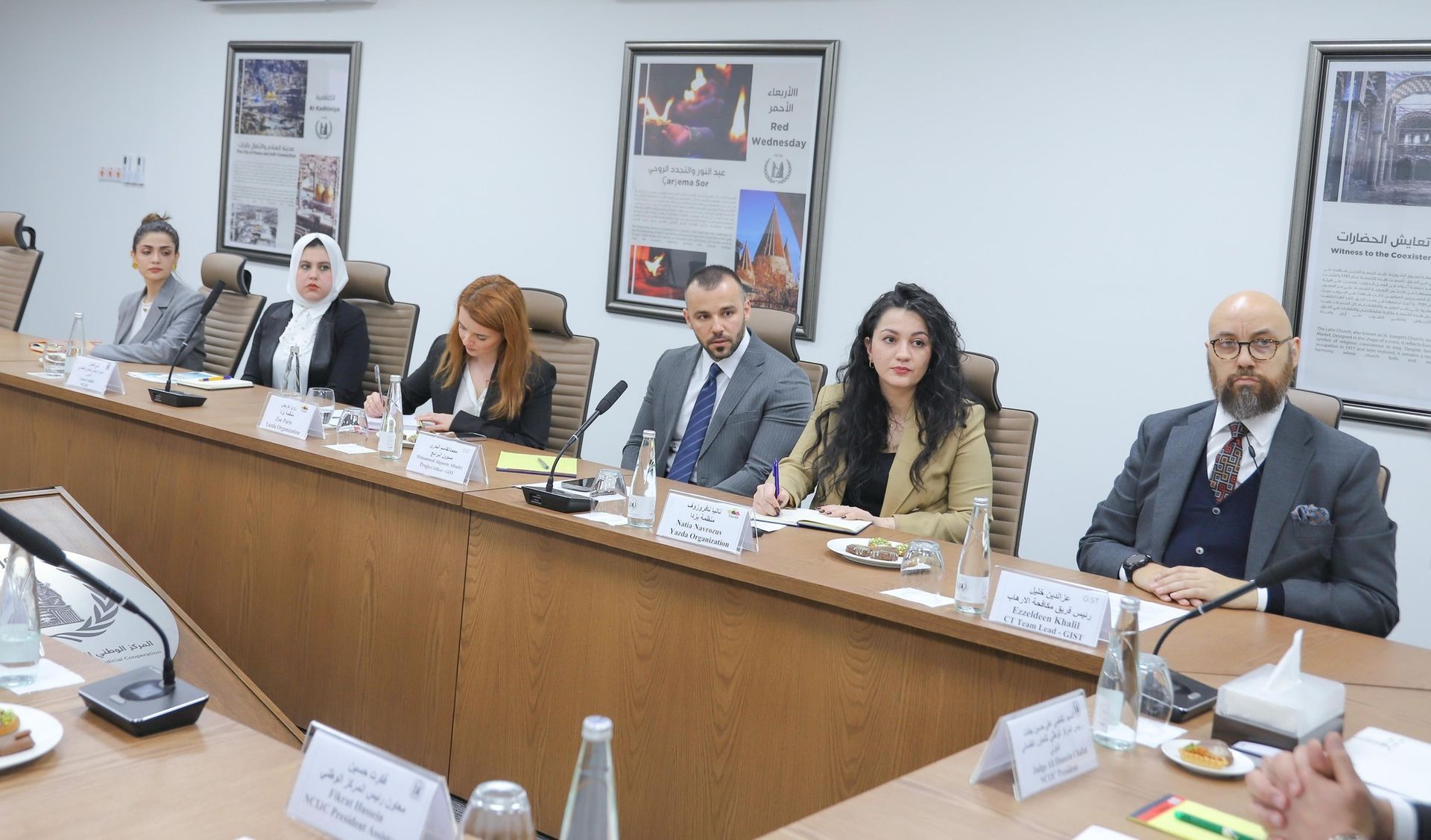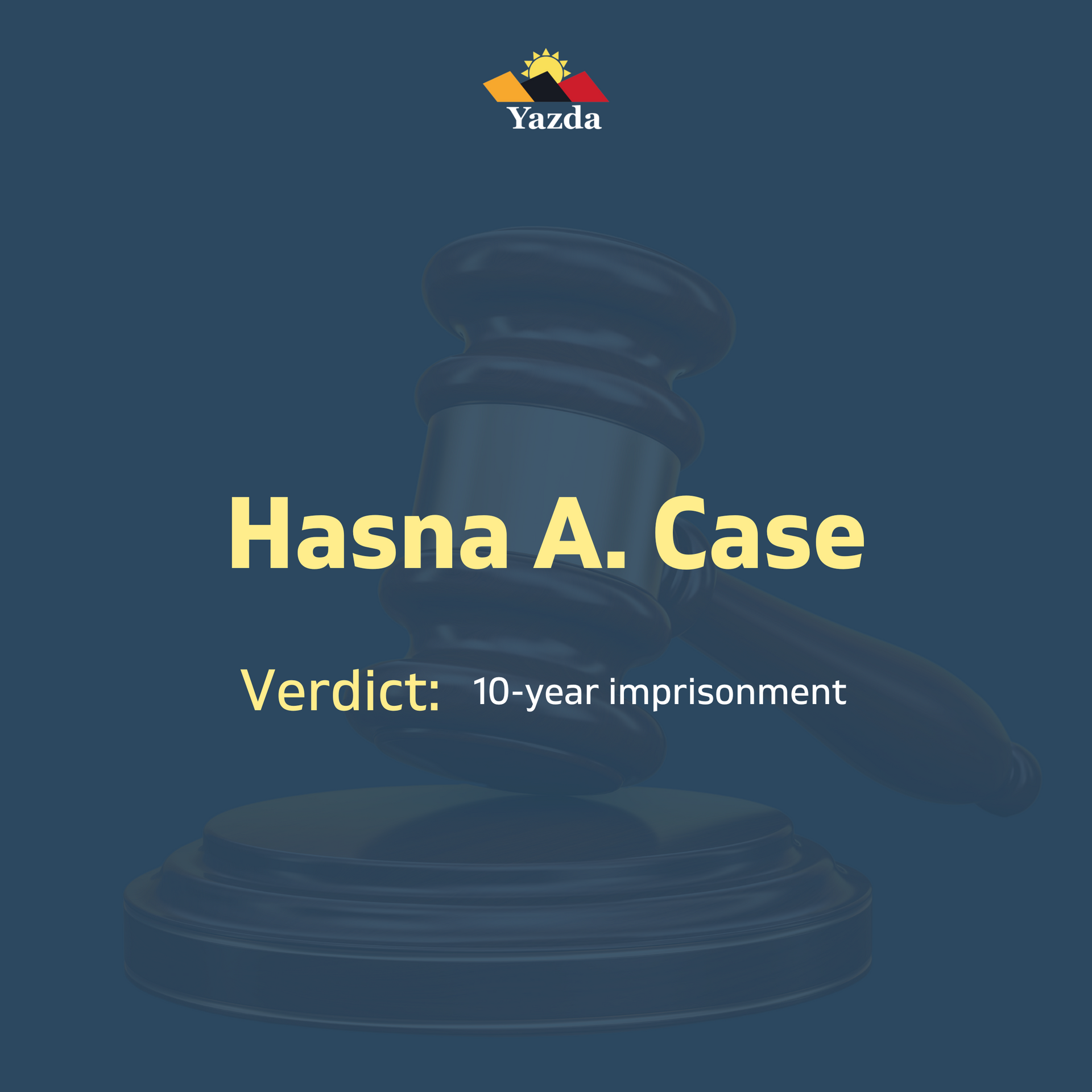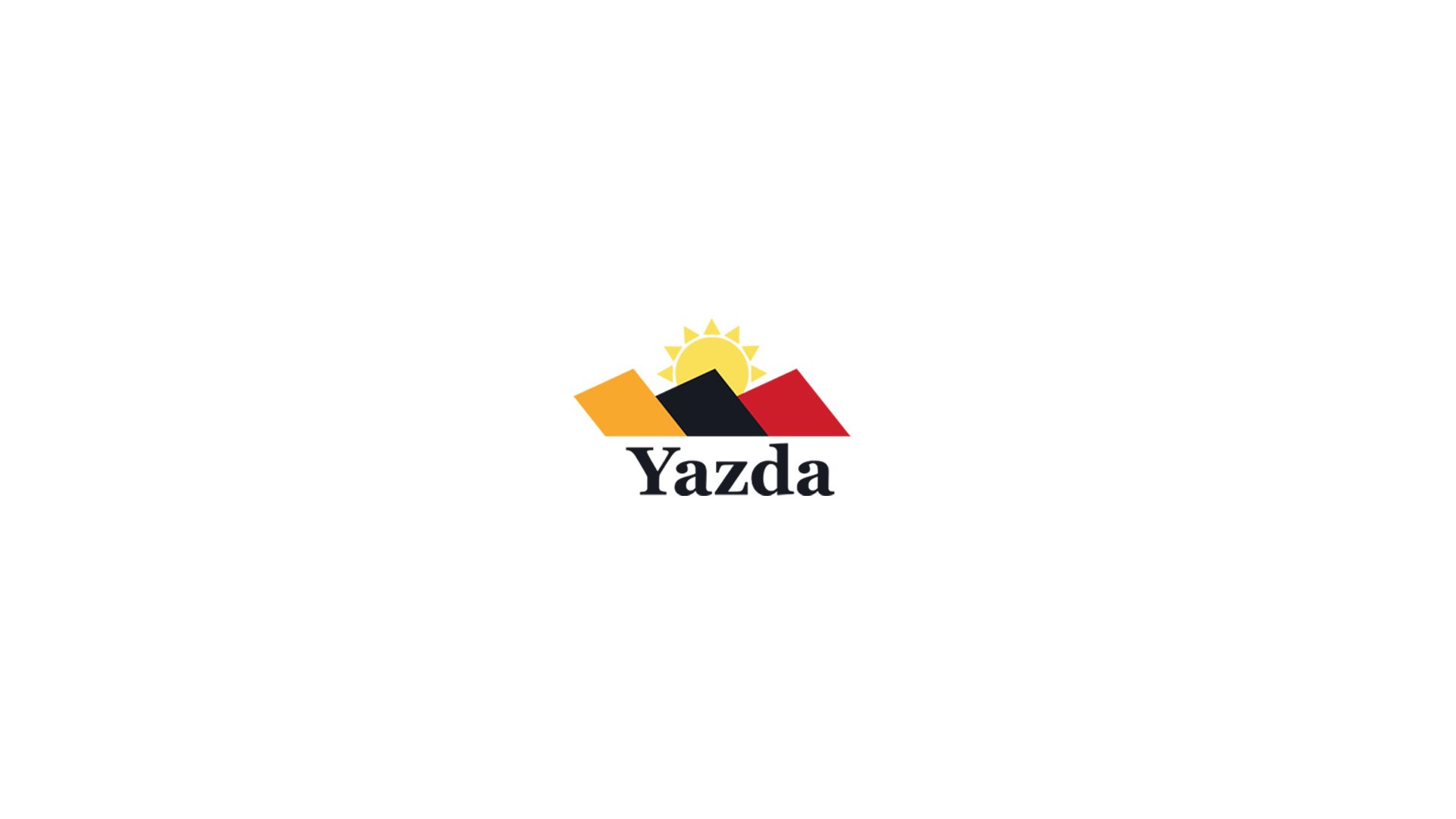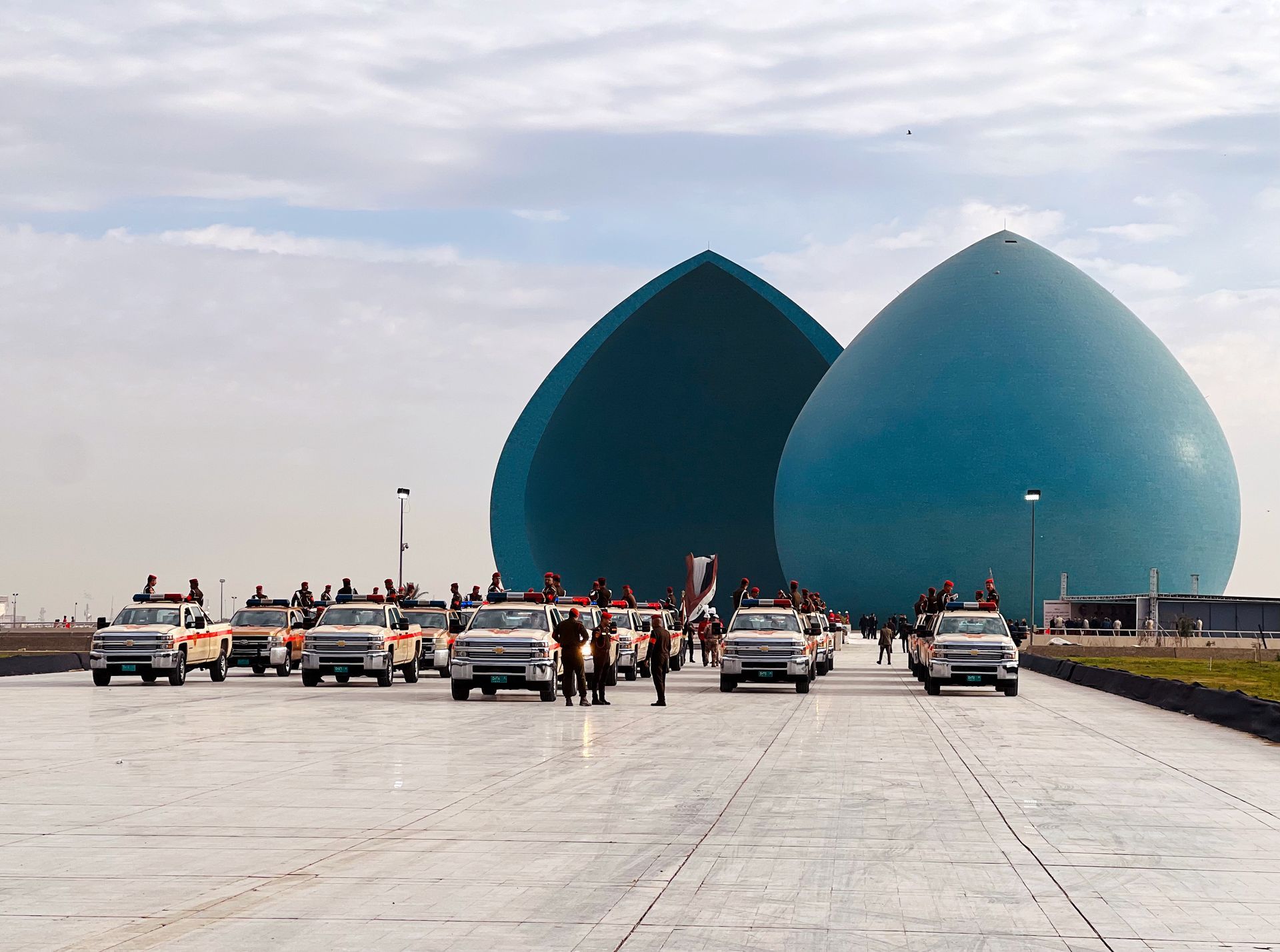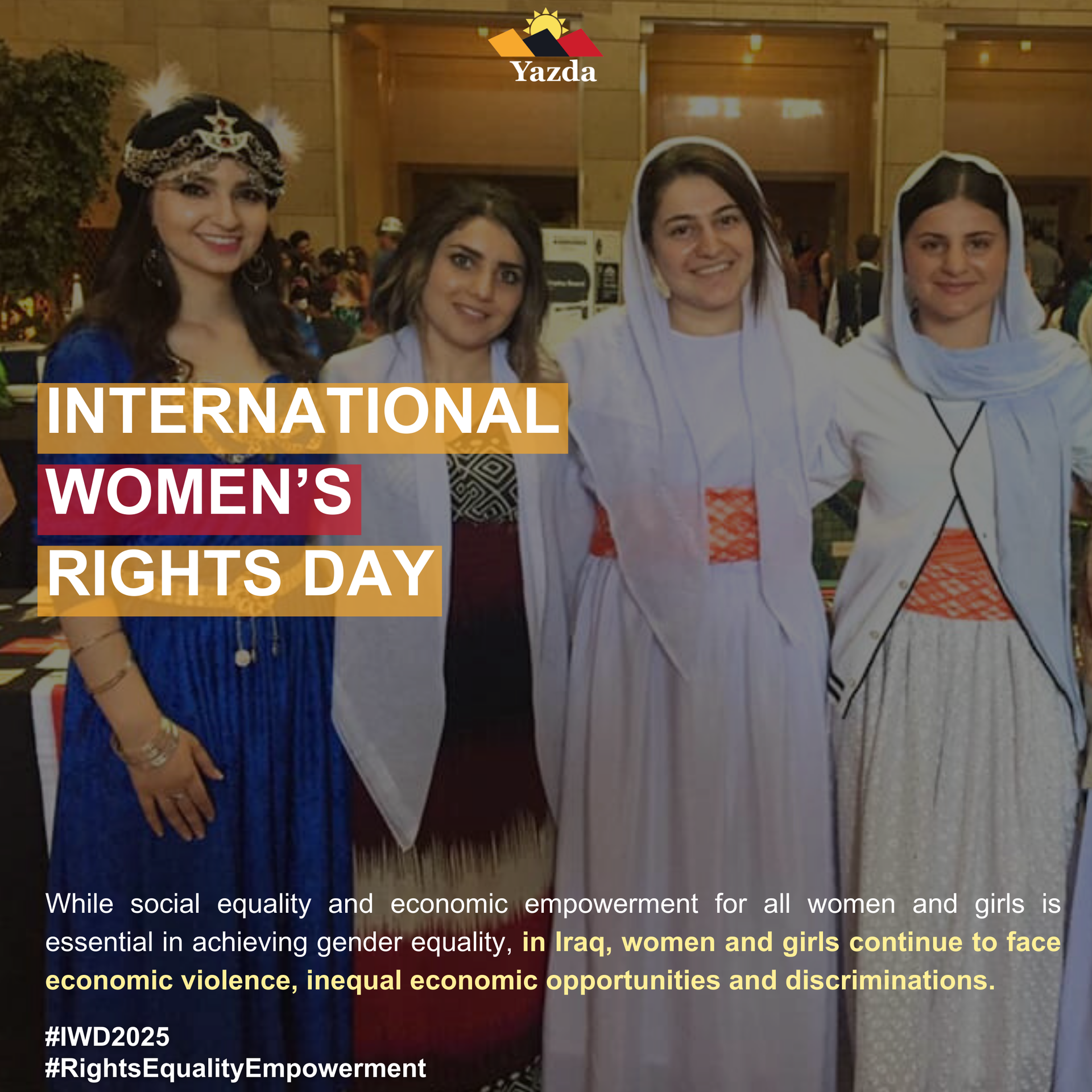Date:
Issued on:
Last updated:
July 14, 2020
July 14, 2020
August 1, 2020
Contact:
Phone:
Email:
The future of the Yazidis remains under critical threat. Sinjar, known to the Yazidis as the core of their ancestral homeland, continues to be in turmoil against the backdrop of complex geopolitics hindering the chances of comprehensive community recovery from genocide. In August 2014, Sinjar was the target of systematic extermination by the so-called Islamic State (ISIS), resulting in the killing and enslaving of tens of thousands of men, women, and children. Almost 2,800 Yazidis are still held captive. Many states and organizations have already recognized that the crimes committed by ISIS against the Yazidis constitute genocide. They include the United Nations, the European Parliament, the Council of Europe, the House of Representatives of the United States of America, and the parliaments of Armenia, Australia, Canada, France, Scotland, the United Kingdom, and Portugal. Furthermore, Canada’s former Minister of Foreign Affairs recognized the ISIS atrocities as genocide, as has the Kurdistan Regional Government’s President and Minister of Foreign Relations. Yazda continues to advocate for the international recognition of ISIS crimes against the Yazidis as amounting to genocide, not only out of recognition to the victims but also as a step towards a judicial reckoning against those who perpetrated said-crimes.
On the 2nd and 3rd of August 2020, Yazda, with the support of the Zovighian Partnership, will hold a virtual conference for the 6th annual commemoration of the Yazidi Genocide. The security situation in Sinjar remains fragile. Despite the presence of multiple security players, ISIS still attempts to re-infiltrate and cause harm. Recently, many Yazidis returned to their homeland, but the local district administration has not been re-established since 2017, and both administrative and security issues instrumental to the stabilization of Sinjar remain unresolved. However, the Iraqi Central Government and Kurdistan Regional Government negotiations on disputed areas, including Sinjar, have finally been evolving since the new Iraqi government took office.
The Iraqi government and the international community must act now with urgency to address the essential pillars of stability, security, administration, and reconstruction. They would facilitate the safe and voluntary return of more than 80 percent of the Sinjar-displaced population.
On the occasion of the 6th annual commemoration of the genocide, Yazda calls upon the Iraqi Central Government, the Kurdistan Regional Government and all international actors to:
1. Immediately resolve, and without delay, the issue of the dual local administration in Sinjar, in coordination with the Yazidi community;
2. Restore and maintain security in Sinjar by increasing the size of competent local security forces and addressing the serious issues related to the many non-state armed groups still operating in the region;
3. Accelerate reconstruction efforts in Sinjar, by including Yazidi representatives – importantly, Yazidi women – in all decision-making processes that are determining the future chances of survival of the community at large;
4. Urgently ensure the provision of basic services to Sinjar, including electricity, water, healthcare, and education;
5. Protect, preserve and exhume mass graves in Sinjar to allow families of victims to bury their loved ones properly and achieve closure, while also ensuring comprehensive safe guarding and documentation of all evidence of genocide;
6. Take the necessary steps to secure accountability for the crimes committed against the Yazidis and other minority groups. This includes the necessary forms of justice against citizens of all countries who joined the ISIS and participated in committing these crimes while pursuing a discourse that openly acknowledges the nature of the Yazidi Genocide;
7. Enact legislation nationally and internationally with clearer definitions for war crimes, crimes against humanity, and genocide;
8. Provide reparation to all ISIS victims;
9. Ensure an internationally coordinated cooperation effort across all investigations of crimes against the Yazidis; and
10. Once retributive justice is served, design reconciliation programs in consultation with the Yazidi community and thoroughly implement these in Sinjar to ensure peaceful cohabitation between different groups.
Note to editors:
Background information on the Yazidi genocide and Sinjar
The Yazidis are an ethnic and religious minority with a culture that dates back over 6,000 years, based mainly in the northern parts of Iraq and Syria, with migrant communities in Europe and North America. In the summer of 2014, the so-called Islamic State (ISIS) launched a systematic attack against civilians in Syria and northern Iraq. On the 3rd of August, the extermination campaign reached Sinjar, home at the time to the majority of the world’s Yazidis. The United Nations Independent International Commission of Inquiry on the Syrian Arab Republic in its report on the crimes committed against the Yazidis noted: “The date of 3 August 2014 would
become a dividing line, demarcating when one life ended, and – for those who survived – when another, infinitely crueler, existence began.”
In the weeks that followed, approximately 12,000 Yazidis were murdered or abducted by ISIS. An estimated 6,800 Yazidis, mostly women, and children were kidnapped and subjected to prolonged sexual, psychological, and physical abuse. ISIS militants also forced Yazidis to convert to Islam and separated younger boys from their families, sending them to re-education camps and then into the frontlines as child soldiers. The genocide also targeted the rich and ancient cultural heritage of the Yazidi people. Some of the most important religious and cultural sites were systematically destroyed by the group. ISIS also laid booby traps in Yazidi homes, fully preventing Yazidis from returning back to their homeland, even long after the so-called “Caliphate” was declared largely defeated in Iraq.
Today, five years since genocide began, justice has not been served, and almost 2,800 women and children remain missing,with many suspected to still be in captivity. To-date, Yazidis have not been able to return back to their homes, and no meaningful action has been taken to resolve the political and security issues in Sinjar and other areas where minorities live. Over 400,000 people remain displaced and unable to return to their homes, living in very difficult conditions in IDP and refugee camps in the Middle East and Europe.
About Yazda
Yazda is a non-profit organization, with a mission to support the Yazidi community and other minorities internationally and in their homeland in the aftermath of the start of the genocide in August 2014. International human rights lawyer Amal Clooney, Yazda's legal counsel, represents a number of Yazidi women who are survivors of the so-called Islamic State, including Nadia
Murad, Nobel Peace Prize Laureate 2018 and United Nations Goodwill Ambassador for the Dignity of Survivors of Human Trafficking.
About the Zovighian Partnership
The Zovighian Partnership is a family-owned social investment platform, established by father and daughter in 2013. The team of researchers, strategists, and managers serve communities, nation-builders, organizations, and governments. The Zovighian Partnership has been committed to Yazda since the start of the Yazidi Genocide, working on several communities and crisis initiatives and programs.
Download press release here.
For Arabic version click here.
Conference program and agenda including the bios of speakers can be found
here.
